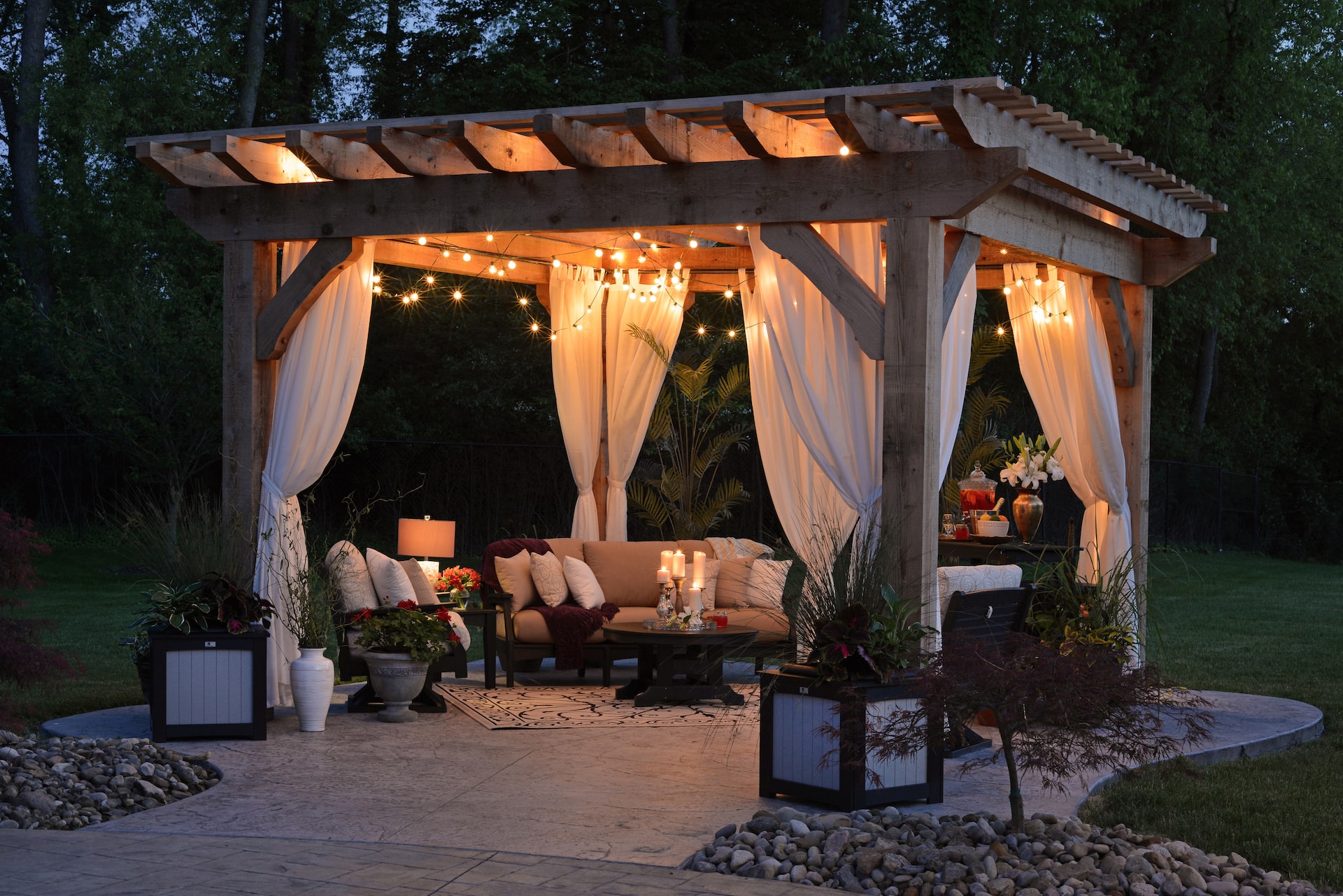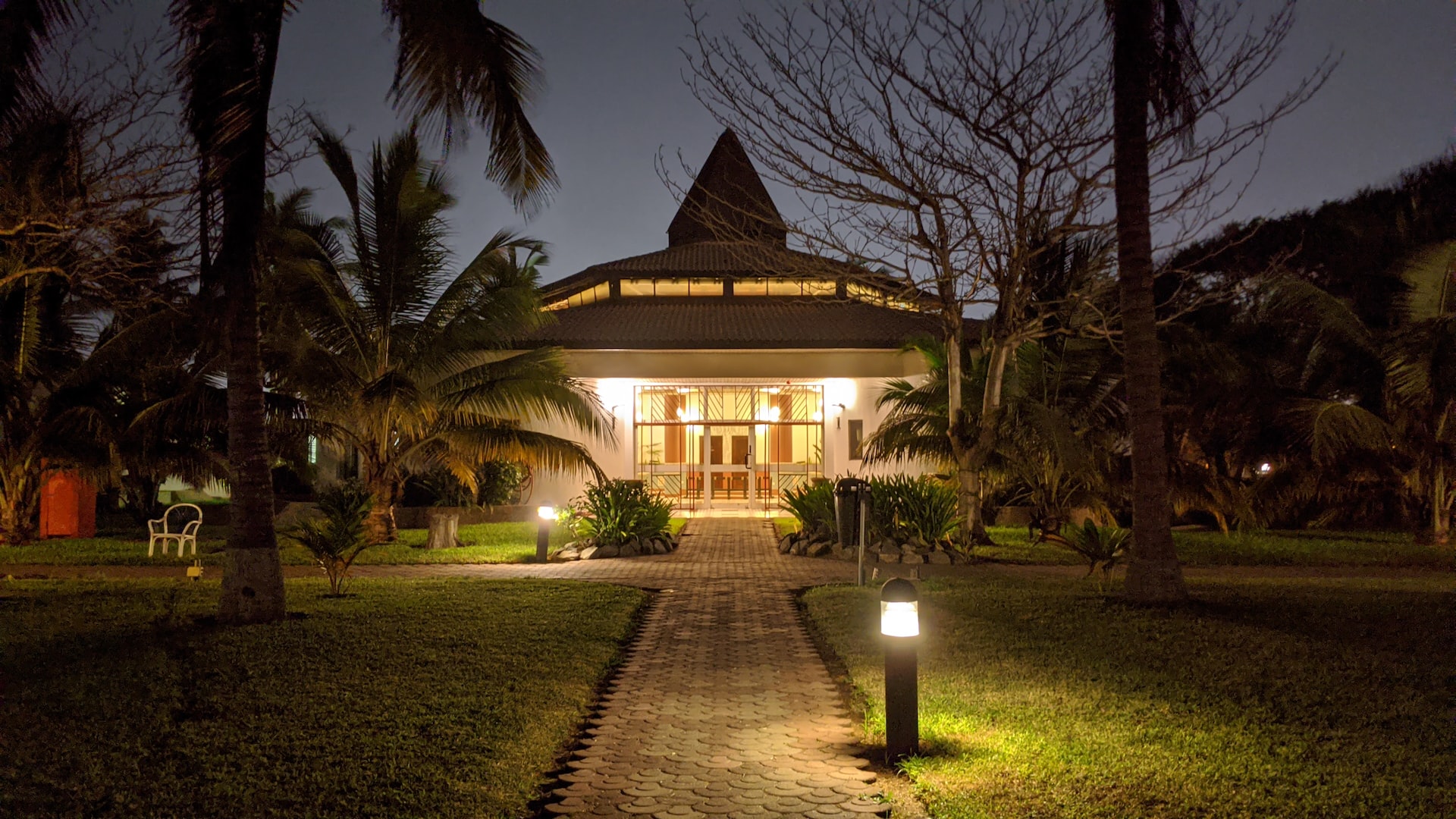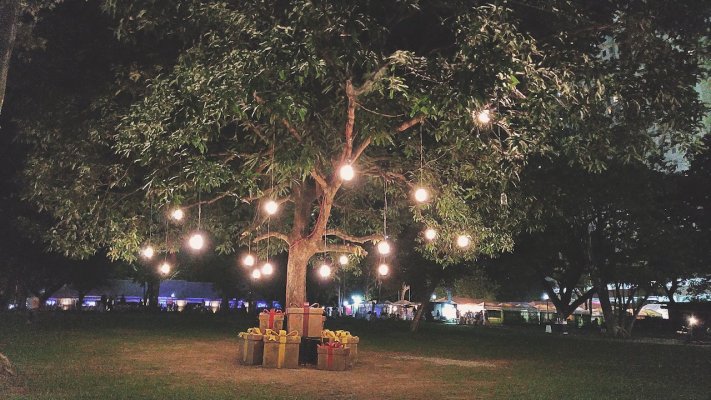When it comes to garden lighting, there are a lot of options to choose from. You can go with traditional incandescent or fluorescent light bulbs, or you can upgrade to newer technologies like LED (light emitting diode) lights. But with so many choices on the market, how do you know which type of light is right for your needs? Here's a guide to help you make the right purchase.

One of the main benefits of LED lights is that they are much more energy efficient than traditional light bulbs. This means that you'll save money on your energy bill each month, and you'll also be doing your part to help the environment. When choosing LED lights for your garden, look for products that have been certified by an independent organization like Energy Star. An even better option is to consider LED solar lights for your outdoor lighting which will completely eliminate your energy costs. Additionally, think about the color temperature of the light. A lower color temperature (around 2700K) will give off a warm, yellowish light, while a higher color temperature (4000K or above) will emit a cooler, bluish light.
There are two main types of LED lights: spotlights and floodlights. Spotlights are ideal for accent lighting, while floodlights can be used for general illumination or security purposes. If you're not sure which type of light you need, it's a good idea to speak with a lighting specialist who can help you choose the right product for your needs.
- Spotlights: These lights are perfect for accent lighting, and they can be used to highlight specific features in your garden. They are available in a variety of styles, including recessed lights, surface-mounted lights, and even solar-powered lights.
- Floodlights: If you need general illumination for your garden or security lighting around your home, then floodlights are a good option. They are available in both wired and wireless versions, and they can be either plugged into an outlet or run on batteries.
When it comes to outdoor lighting, there is a wide range of prices to choose from. You can find basic LED lights for as little as $10 per light, while more expensive options can cost up to $100 per light. It's important to set a budget before you start shopping so that you don't overspend on your garden lighting. So, when purchasing LED lights for your home, it's important to get a warranty from the manufacturer. This will protect you in case there are any defects with the product, and it will also give you peace of mind knowing that you're covered if anything goes wrong. Most LED lights come with a one-year warranty, but some manufacturers offer longer warranties of up to five years.
LED lights can be either hardwired or plugged into an outlet, and both installation methods have their own advantages and disadvantages. Hardwired lights are more permanent, but they require you to hire an electrician to install them. Plugged-in lights are easier to install, but they can be a tripping hazard if they are not installed properly. If you're not sure which installation method is right for you, it's a good idea to speak with a lighting specialist who can help you make the best decision for your needs. Additionally, think about how you will be using the lights. If you plan on moving them around often, then plug-in lights might be the better option.
There are a variety of lighting controls available for LED lights, and each one has its own advantages and disadvantages. The most basic type of control is a simple on/off switch, but more advanced options include timers, motion sensors, and dimmers. Timers are great for automating your outdoor lighting, and they can help you save money on your energy bill. Motion sensors can also be used to automate your lighting, and they can deter criminals by making it appear as if someone is home even when they're not. Dimmers can be used to create different lighting effects in your garden, and they can also help you save energy by reducing the amount of light that is used.
These are LED lights that are designed to be used in pools, and they are available in a variety of colors and styles. They can be used to create different lighting effects in your pool, and they can also help you save money on your energy bill. If you have a swimming pool, then it's a good idea to speak with a lighting specialist who can help you choose the right type of light for your needs. Consider the following:
- The size of your pool
- The depth of your pool
- The type of pool you have (inground, above-ground, etc.)
- Your budget
If you are looking to add some ambient lighting to your garden, consider using wall-mounted fixtures to change the exterior of your home or lights placed under trees. Wall-mounted fixtures can provide a gentle wash of light that can highlight features in your garden, while lights placed under trees can create a dramatic effect. Consider using a combination of both types of fixtures to create an inviting and relaxing space in your garden. When purchasing wall-mounted fixtures, look for ones that are made from durable materials such as cast aluminum or stainless steel. You'll also want to make sure that the fixture is rated for outdoor use and that it has a weatherproof finish. Lights placed under trees should be able to withstand exposure to the elements and should also have a weatherproof finish.

When purchasing LED lights for your garden, it's important to consider the following factors: the type of light you need, the installation method, the type of control, and your budget. You'll also want to make sure that the lights you purchase are covered by a warranty. And finally, if you have a pool, be sure to consult with a lighting specialist to ensure that you choose the right type of light for your needs. With a little bit of planning, you can easily find the perfect LED lights for your garden.





